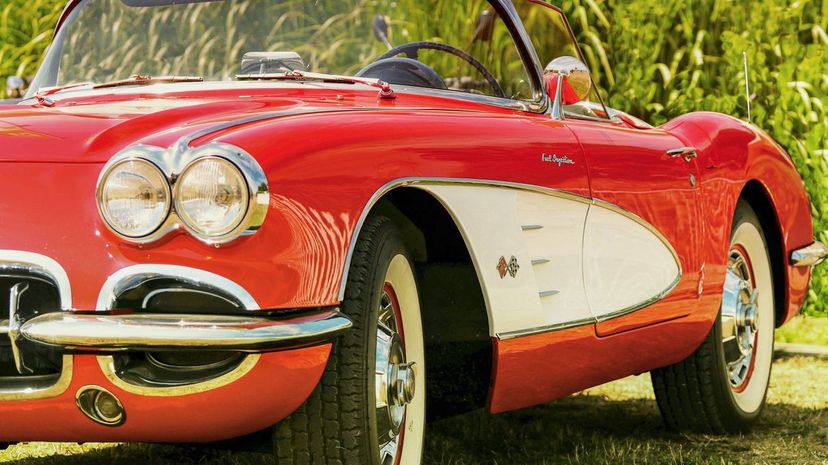
About This Quiz
While the automobile as we know it has been around for less than two hundred years, the history is vast. From the very early days, when inventors and engineers tinkered with new-fangled automobiles in their garages, to the modern-day, when electric performance vehicles reach staggering power outputs of 700 horsepower, we have evolved in design, performance and engineering like no one could have or would have dared to predict.
How much do you know about those classic cars from years past and the modern marvels hitting the road today? Test your knowledge of powerful American muscle cars, European sports cars driven by stylish spies and off-road adventure mobiles that can take on even the toughest terrain. They're the cars you dreamed of having and the cars you hung pictures of on the wall, the cars you inherited from family members and the cars you fondly remember as being the very first you ever bought with your own money. Cars are like family members, and they always have the best memories.
Dive into a unique, incredible history of America and the world when you take this quiz to see how much you really know about the automotive industry. Just try to name that make and model today - if you can!
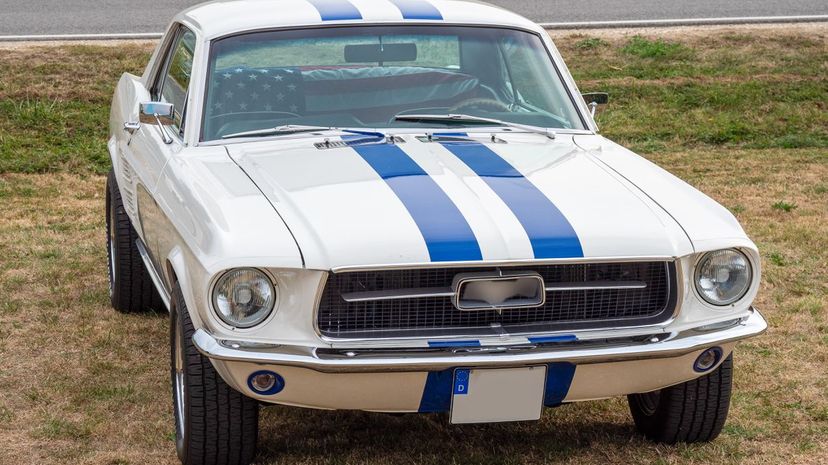
The Ford Mustang debuted at the 1964 World's Fair in New York and went on to become one of the most important cars in history. It is largely considered the first muscle car and also inspired a movement of creating cars for young drivers.
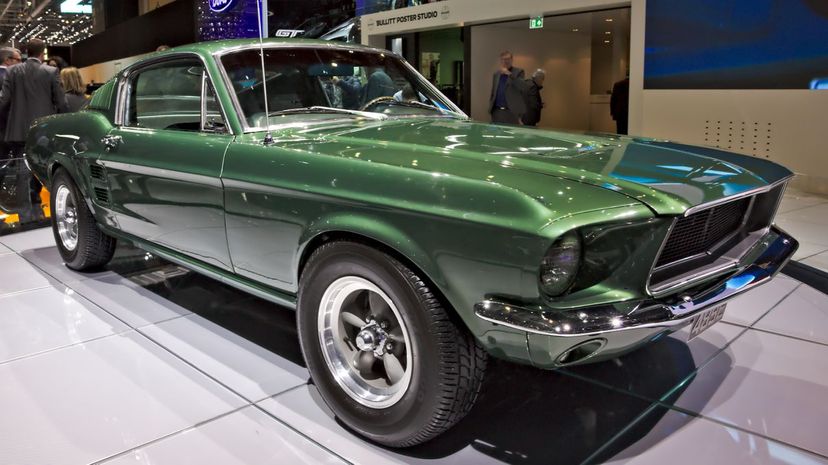
The car chase in the film "Bullitt" is considered one of the greatest car chases of all time. The 1968 Ford Mustang was already successful in its own right, but the legacy was secured thanks to the film. Ford recently produced a modern, limited edition of the Bullitt Mustang.
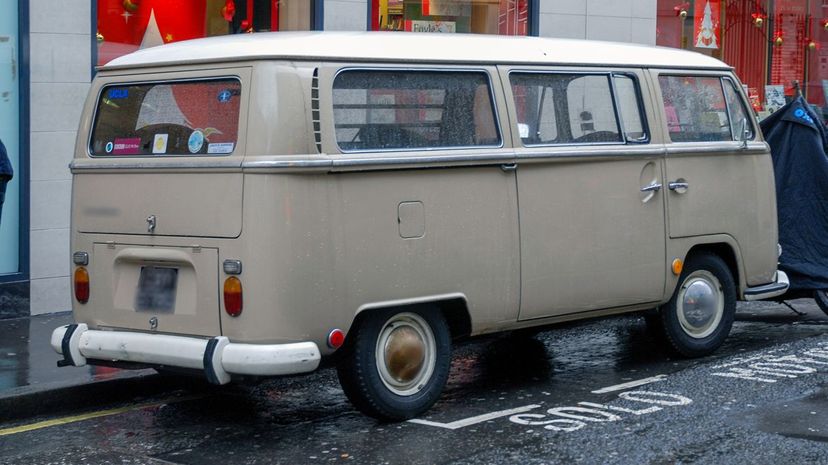
While these vehicles would go on to inspire each other over the years, the very first was the classic, wanderlust-style Volkswagen Type 2. It now has connotations of hippie life, and Volkswagen has promised a modern model for more than a decade.
Advertisement
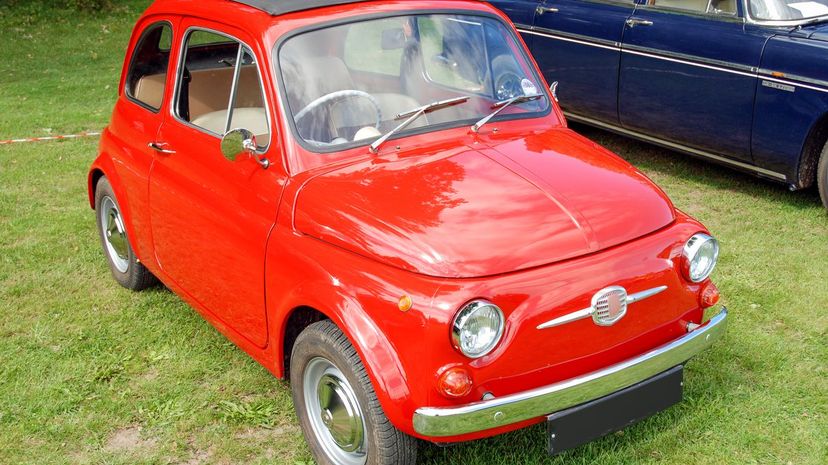
In addition to being one of the cutest cars ever produced, the Fiat 500 is also one of the most important. It was inexpensive, practical and tiny, which made it accessible and useful for European drivers.
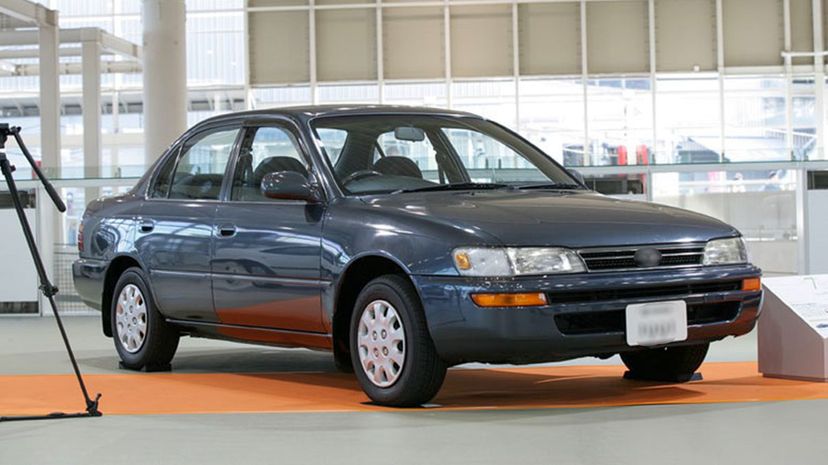
While all of these vehicles makes the list, and in some cases, the manufacturers show up several times, the Toyota Corolla is the number one best-selling car of all time. By 2018, more than 43 million models had been sold worldwide.
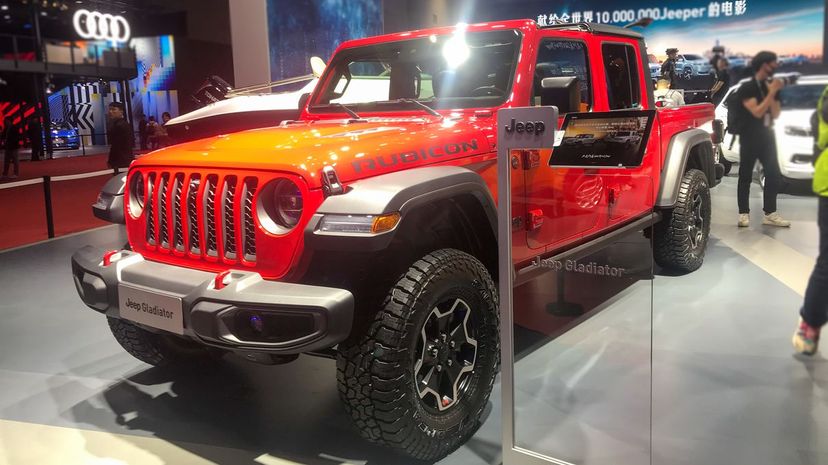
While a Jeep pickup truck may look unique by modern standards, Jeep has actually been producing pickup trucks for years. The 2020 Jeep Gladiator is based on the original Jeep Gladiator, produced between 1962-1988.
Advertisement
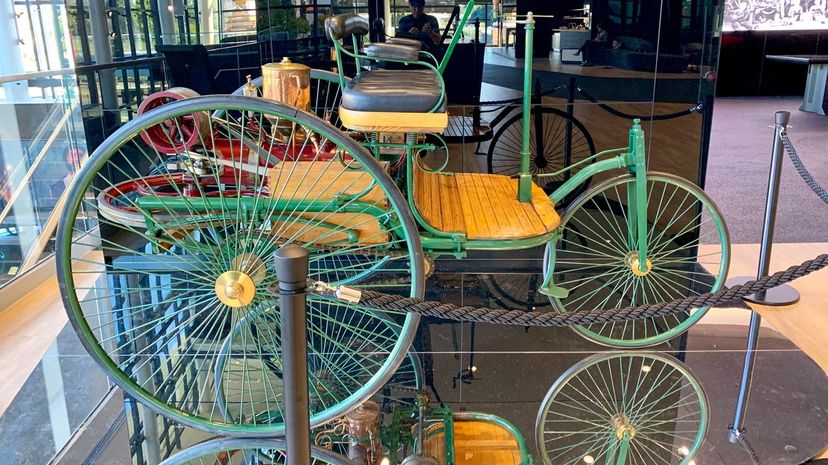
In 1888, according to legend, Bertha Benz and her sons took a ride in the Mercedes-Benz Motorwagen without telling Karl Benz. The ride was about 65 miles each way, and Bertha discovered - and solved - many driving problems on the trip.
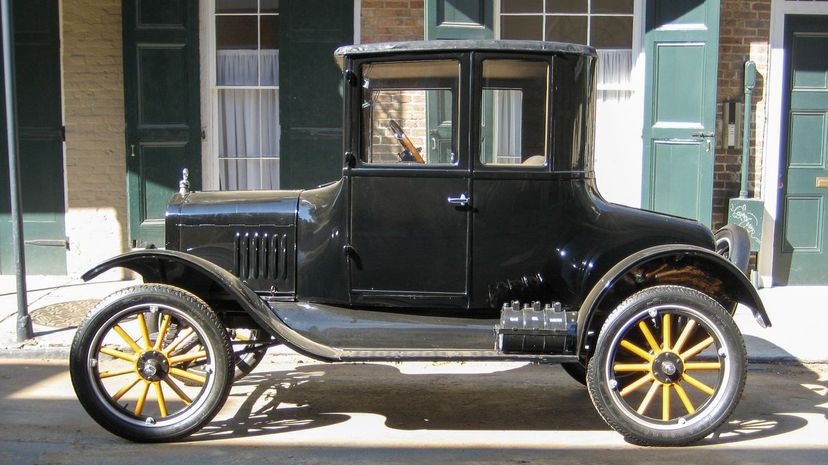
While the other vehicles on this list are undoubtedly some of history's most important, the Ford Model T was one of the first, making it easy to dominate the market. It was the first mass-produced vehicle in history.
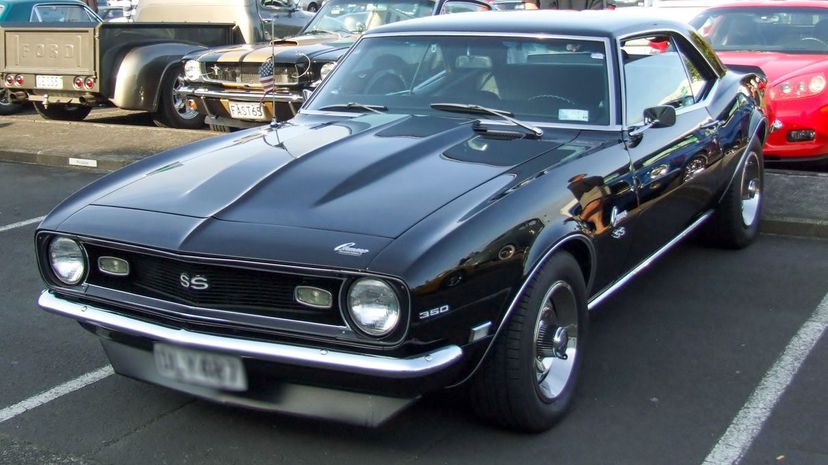
The Chevrolet Camaro was Chevrolet's response to the massive success of the Ford Mustang, which first debuted in 1964. The Camaro, which debuted in 1966 for the 1967 year, was originally called the Panther and the first one off the line was black.
Advertisement
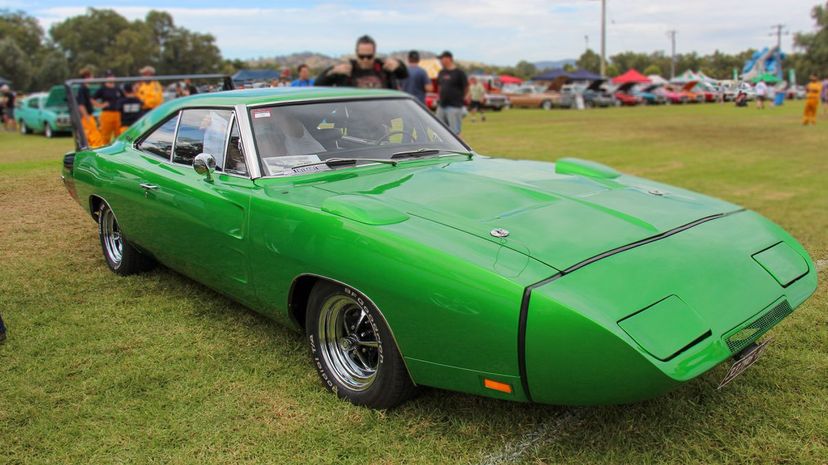
The 1969 Dodge Charger Daytona was named after the Daytona 500, but that wasn't enough to keep in the race. After a single race and reaching record-breaking speeds, the Dodge Charger Daytona was banned for simply being too fast.
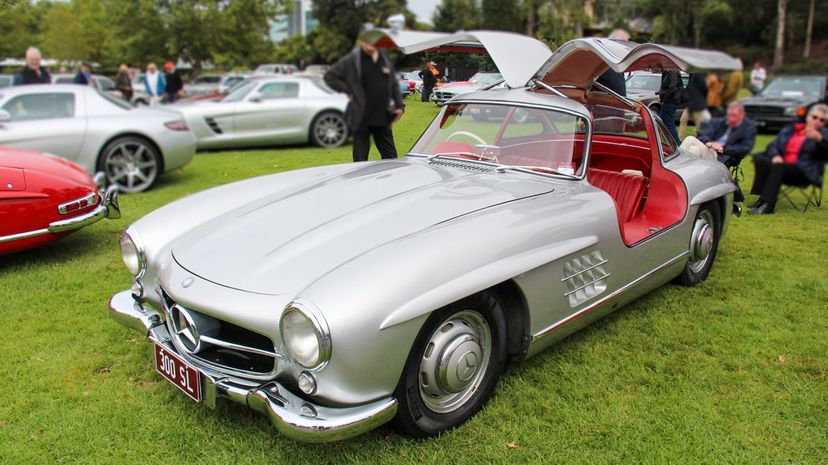
For decades to follow, the Mercedes-Benz 300 SL was considered one of the most advanced performance vehicles available. It was also the fastest on the market for years, tapping out at over 160 miles per hour.
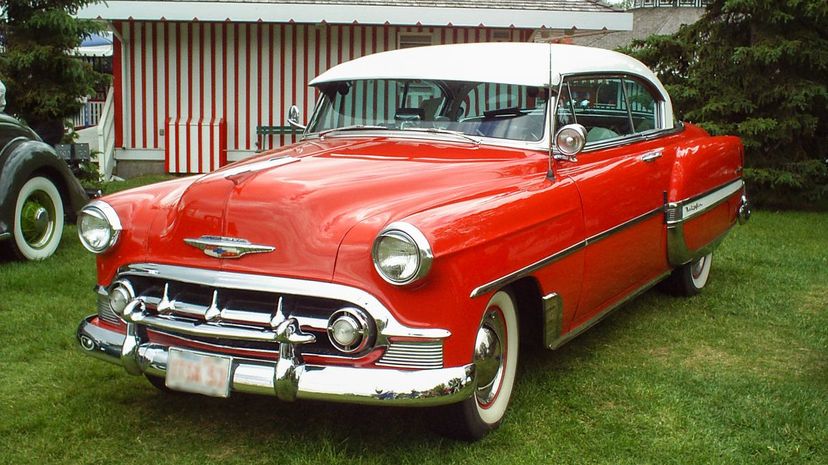
The Chevrolet is a classic American car that immediately brings to mind sock hops and Elvis songs. It was such a staple of American life from its debut in 1950 to retirement in 1981. It stayed in production for 31 years.
Advertisement
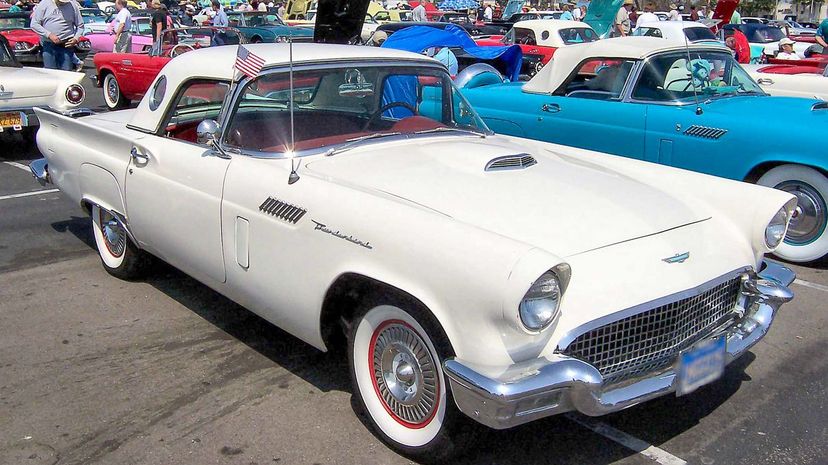
The early Ford Thunderbird was kind of, sort of, maybe designed to compete with the success of the Chevrolet Corvette, and thus was a two-seated performance vehicle that Ford claimed was more about luxury than speed. The Baby Birds were the only two-seater Thunderbirds until the Retro Birds came out in 2002.
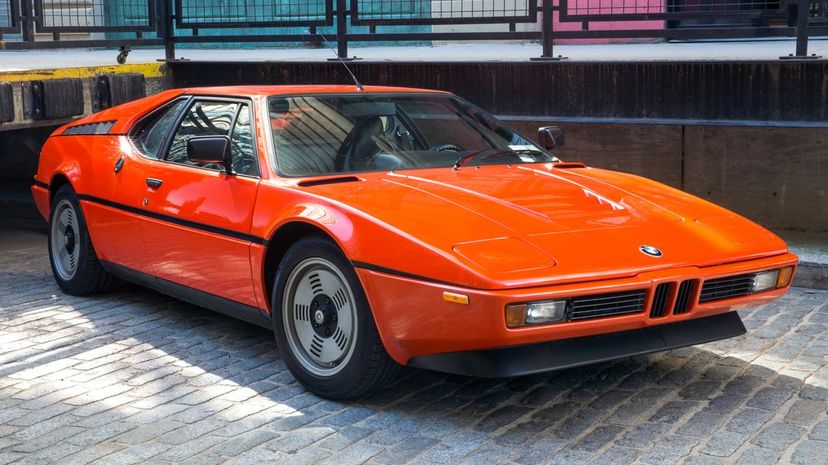
The BMW M1 is largely considered BMW's only supercar, up until the production of the BMW i8. It was produced between 1978-1981, the result of a falling out between Lamborghini and BMW.
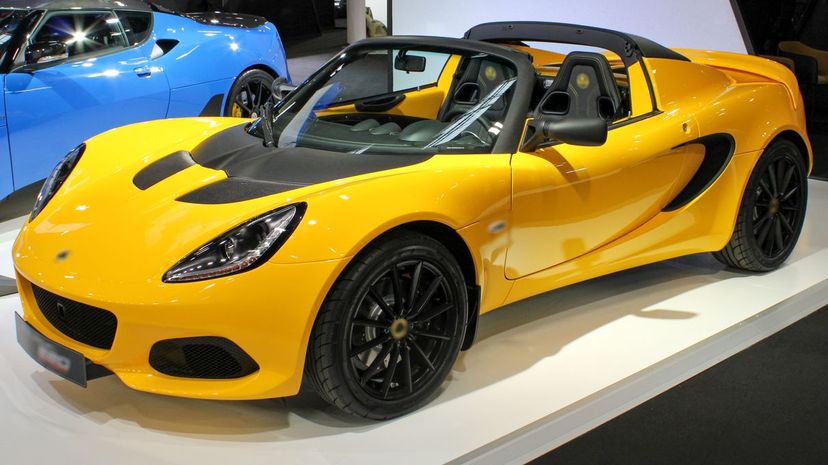
The Volkswagen Group has an incredible amount of control over some of the biggest brands across the automotive industry today. Lotus Cars is owned by the Chinese company Geely, however.
Advertisement
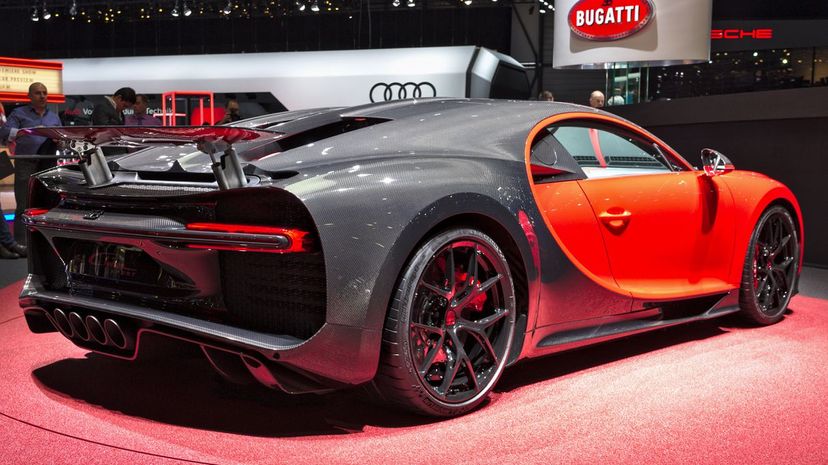
If 300+ miles per hour sounds totally wild, that's because it is - and it's also the reason that the Bugatti Chiron Supersport 300+ is currently the fastest production vehicle in the world at speed of 304 miles per hour. Wow!
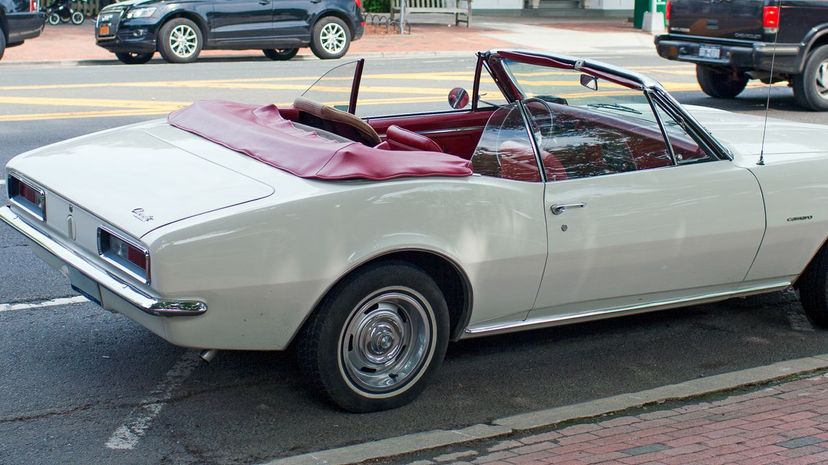
Not only was the first generation of Chevrolet Camaros convertibles, but thanks to fears of government regulation and policy change, it was the only generation of convertible Camaros until Chevrolet starting producing them against in 2009.
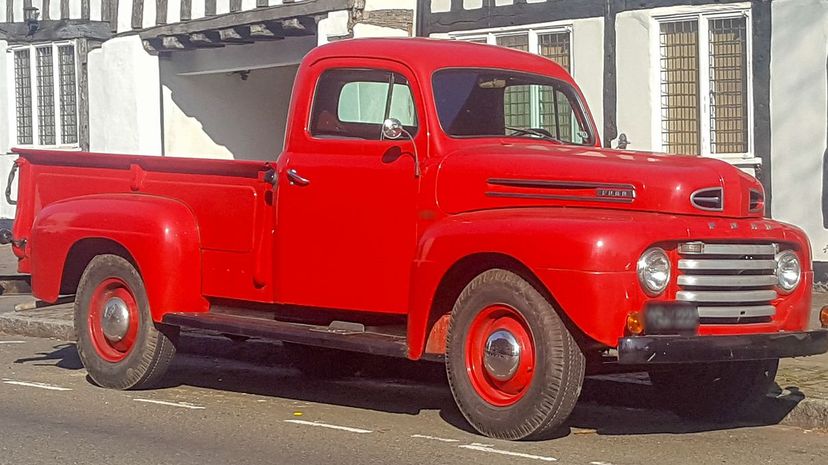
Ford has long been known for producing trucks that get the job done, and that's because Ford's been doing it for a long time. The Ford F-Series first debuted in 1948, and the others followed not long after.
Advertisement
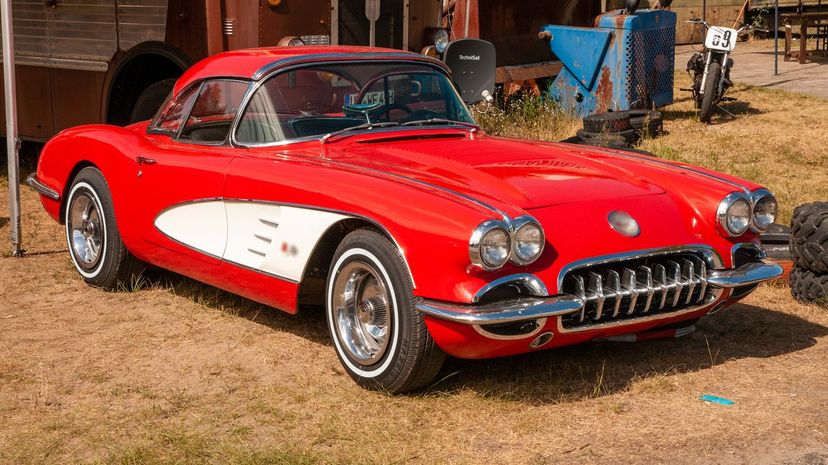
There's a reason Zora Arkus-Duntov is known as the "father of the Corvette." Without his brilliant mind, Chevrolet would have almost definitely scrapped the project, and America wouldn't have one of its favorite cars.
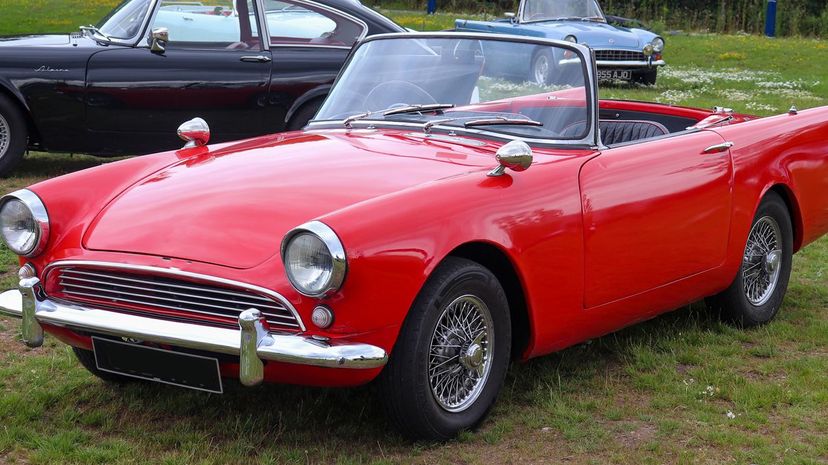
While the Aston Martin DB5 is considered the most famous of all the James Bond cars, and even appears in the modern films, it was not the first. That distinction goes to the Sunbeam Alpine, which first appeared in "Dr. No" in 1962.
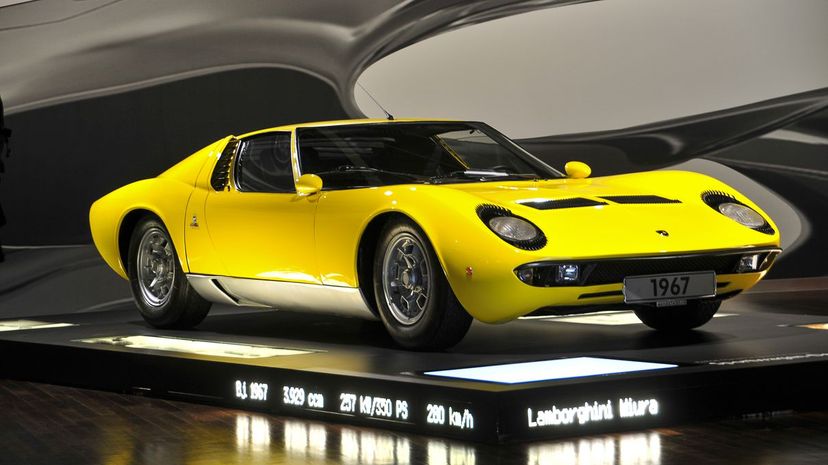
Lamborghini notoriously produces vehicles with names that harken back to bullfighting. For instance, both Diablo and Murcielago are the names of famous bulls. The tradition dates back to the company's earliest days.
Advertisement
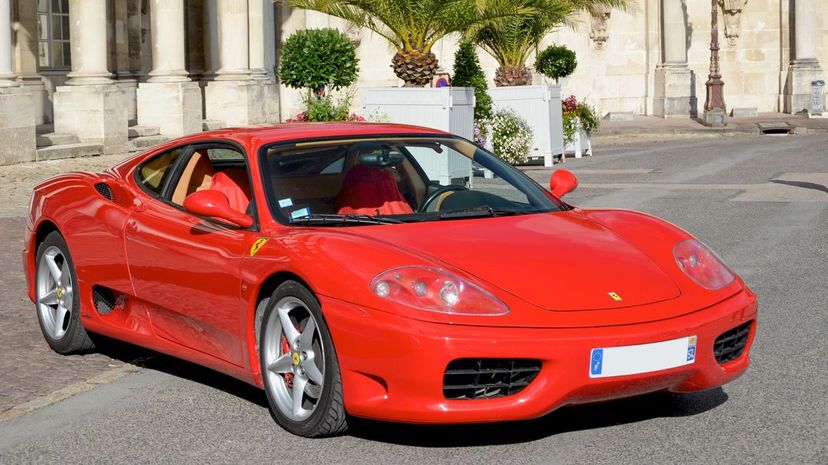
Part of the beauty of Ferrari vehicles is their exclusivity and that, along with a lot of hand craftsmanship, means production is kept low. Ferrari used to cap production at 7,500 models a year, but it's since up to about 8,000, and they now plan to produce up to 10,000.
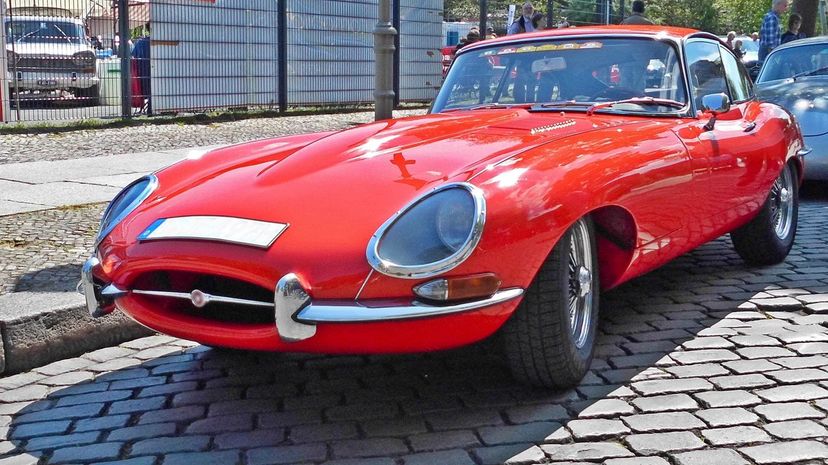
There's no denying that these are some of the most beautiful vehicles ever produced. But according to Enzo Ferrari, it was the Jaguar E-Type, produced from 1961 to 1975, that was the most beautiful of them all.
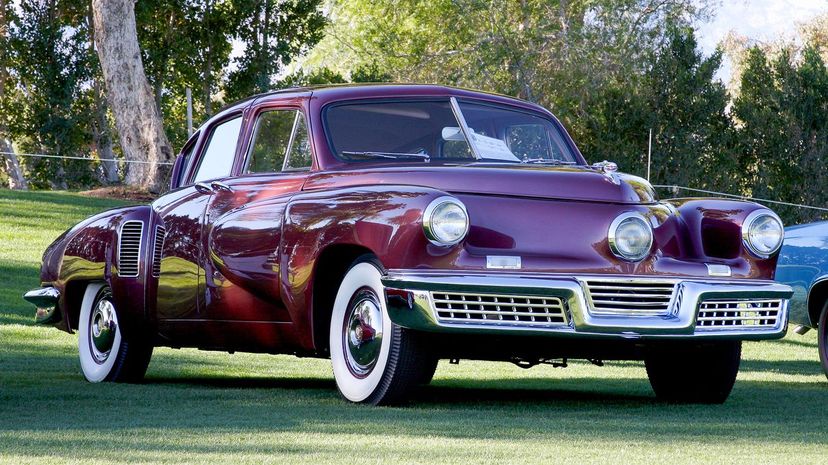
The Tucker 48 (named for the year it was produced and for mastermind Preston Tucker) could have been a great success. By the 1940s the American Big Three owned the car industry, and many speculate that they helped to shut Tucker's company down before it could really begin.
Advertisement
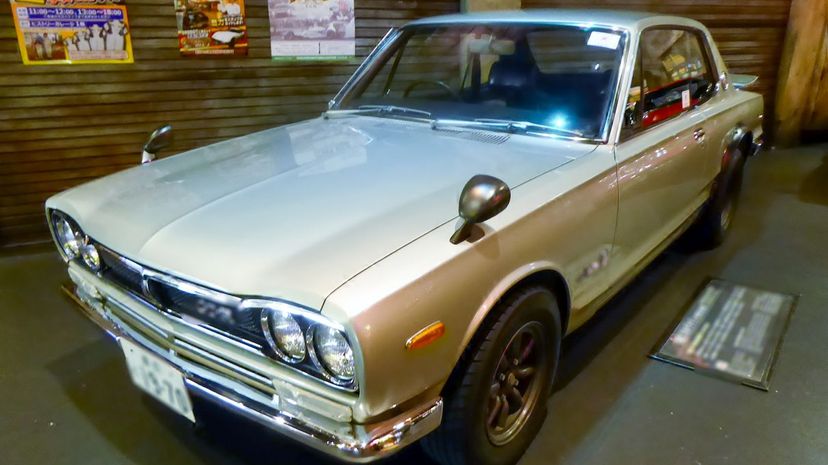
The Nissan Skyline GT-R ultimately brought us to the Nissan GT-R, unveiled in 2007 and available in a lot more places than its predecessors. It was both powerful and beautiful, and the whole world wanted one.
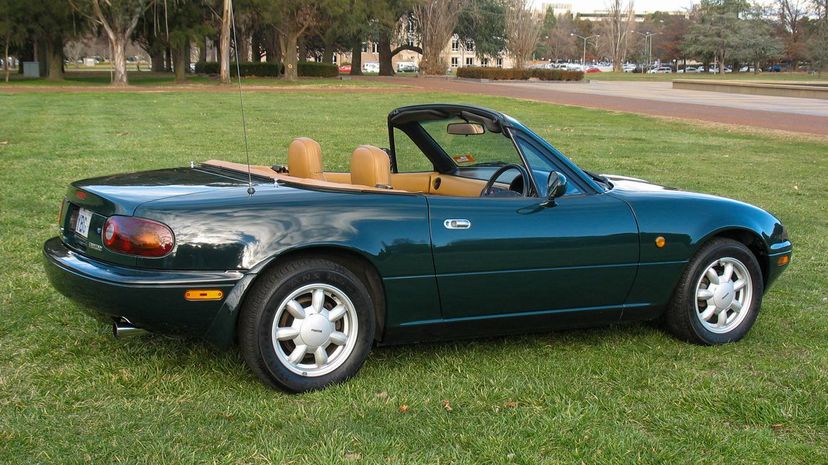
The Mazda Miata is widely beloved by modern racing enthusiasts, and it's not hard to see why. It expertly combines classic style with modern performance and technology for strength on international racing circuits.
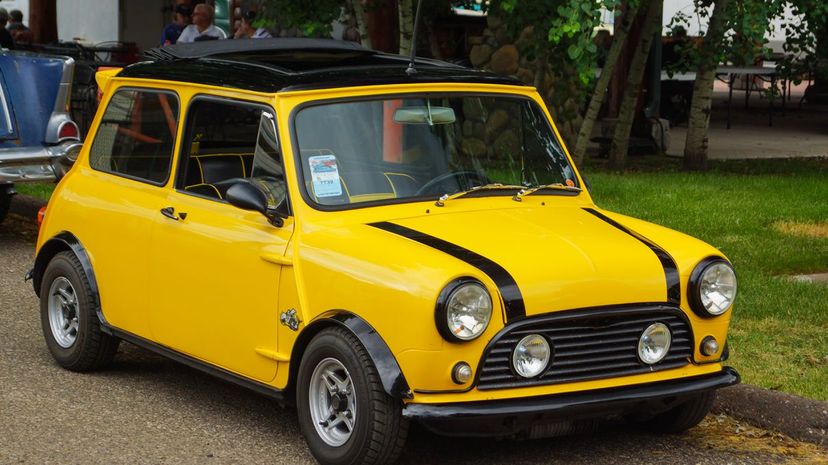
The Mini Cooper isn't just one of the most iconic and adorable vehicles ever produced, but it's also one of the most influential. Though it was shifted between companies a lot in the early years, it was small, innovative and perfect for European driving. Or Italian jobs.
Advertisement
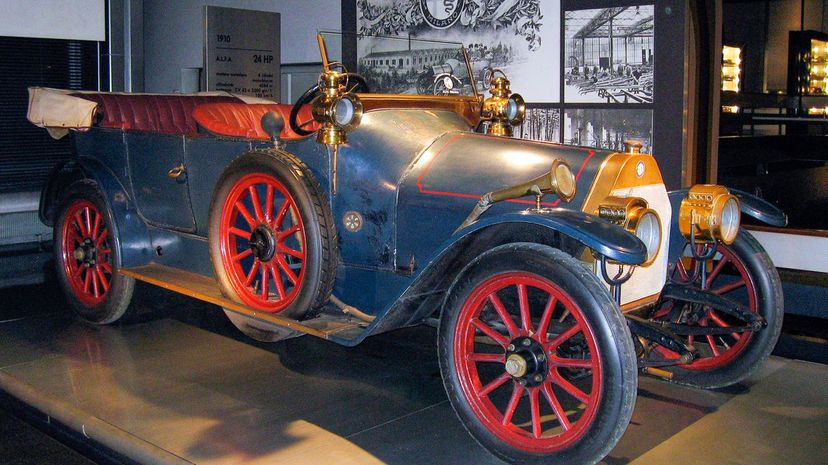
Alfa Romeo has been around for a long time, starting in 1910 with the Alfa Romeo 24 HP which, as might be expected, produced 24 horsepower: remarkable for the time. The other models would come later and be much faster.
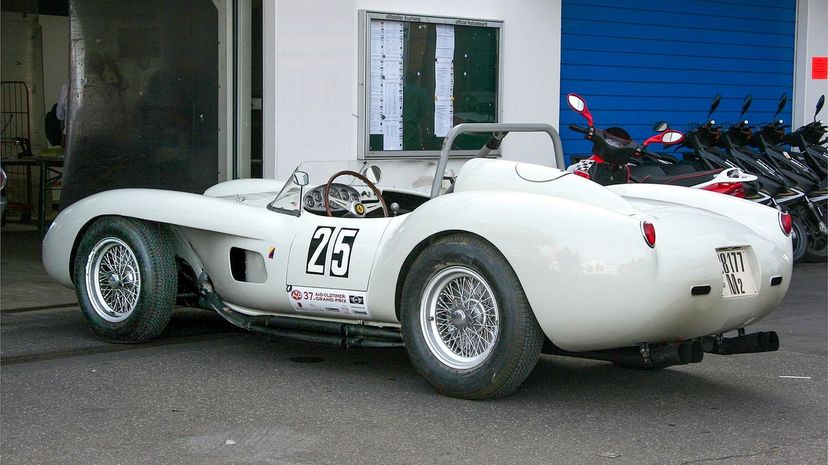
The Ferrari 250 Testa Rossa was produced from 1957 to 1961, though they didn't make many. Still, the vehicle made its mark on history, landing podium spots in the 24 Hours of Le Mans race three times and fetching nearly $40 million dollars in the modern day.
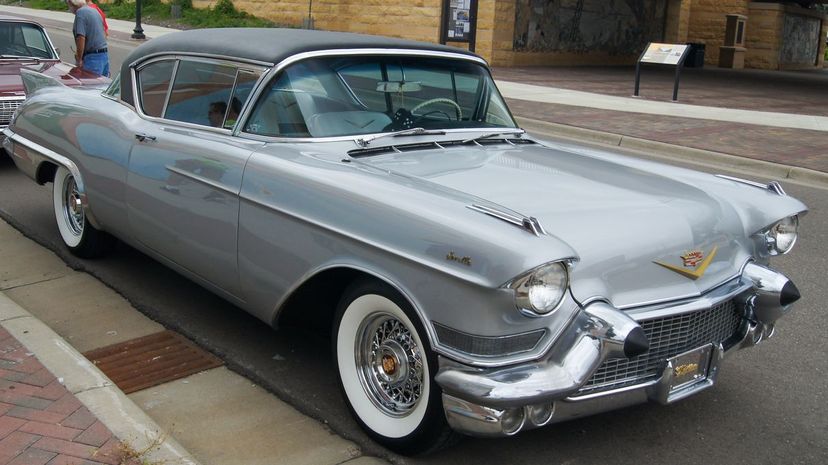
Both of the vehicles were produced from 1956 to 1960 and Cadillac differentiated them with the two different names. It didn't last very long, however, as the hardtop was initially discontinued.
Advertisement
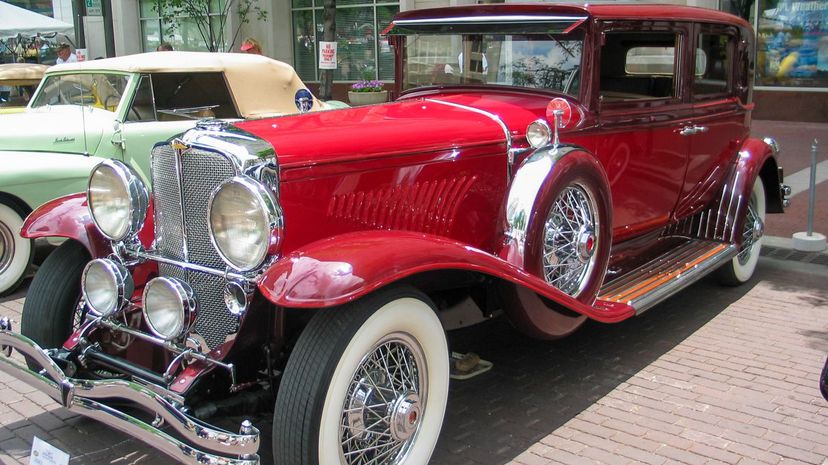
Not only would the Duesenberg Model J be impossible to spot in a Gatsby garage, given that the story is set in 1922 and the car was not produced until 1928 (and the film's mode is a 1929) but the very Duesenberg company had only been producing productions cars for a year and change by 1922, so any model would have been a stretch.
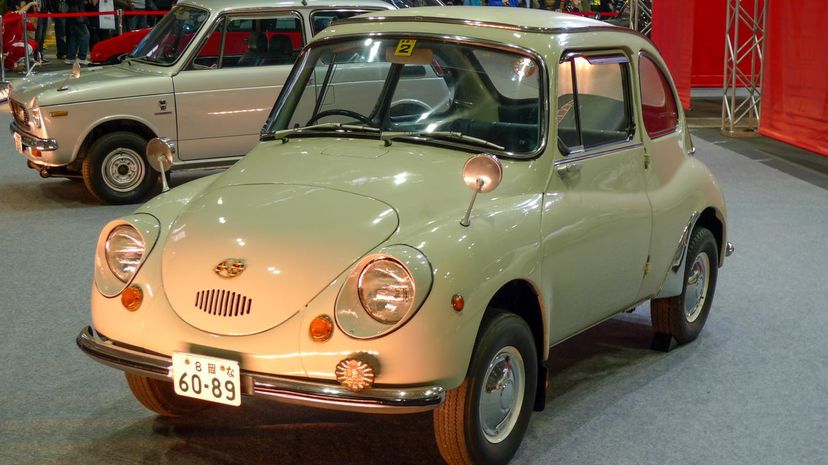
While Subaru would go on to become known as a car for adventure and off-roaring, the Subaru 360 produced from 1958-1971 weighed just 1,000 pounds and was nicknamed the "Ladybug" in Japan.
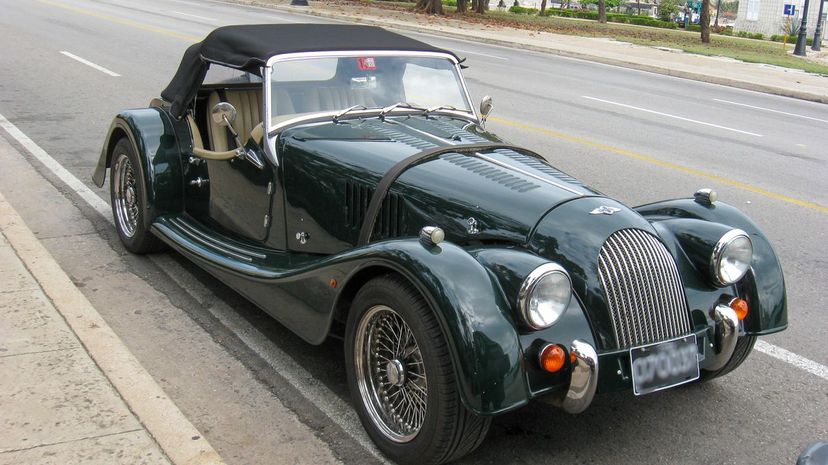
Up until very recently, Morgan had kept its traditions of the past alive, with a dedication to using wood framing in their vehicles as an homage to early years of coach building. Change is in the air, however.
Advertisement
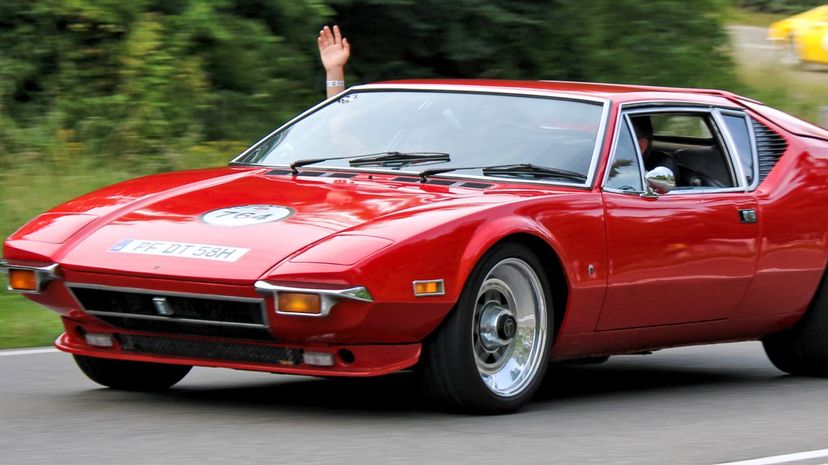
Initially, the Pantera (Italian for Panther), designed by De Tomaso in Italy, was supposed to be simply an import. But in the 1970s, Ford got more involved with the vehicle's production to help sell it in America.
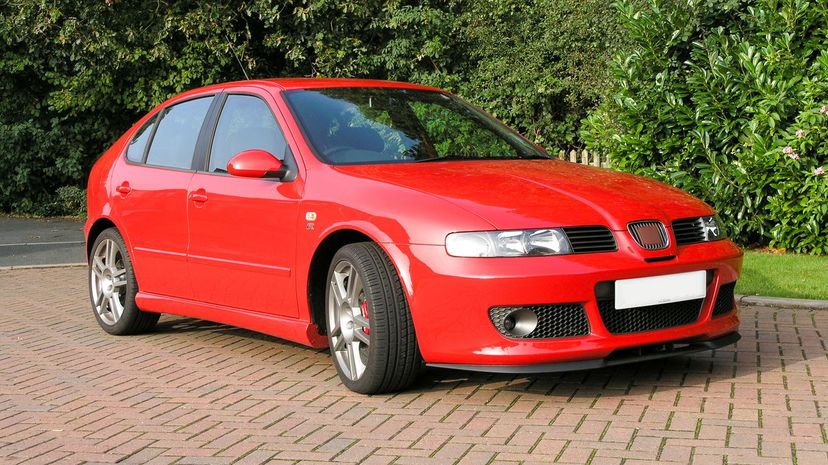
While you'd have a hard time getting your hands on any of these vehicles in the United States, SEAT is the Spanish brand. SEAT stands for Sociedad Espanola de Automoviles de Turismo.
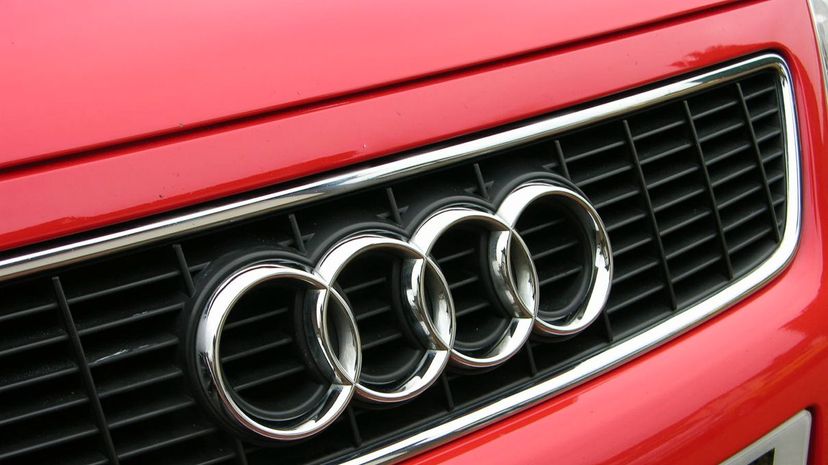
Audi is one of Germany's oldest automakers still producing vehicles and there's a reason it's still going so strong. Back in the 1930s, Audi because the combined company of Audi, DKW, Horch and Wanderer. Four companies, four rings.
Advertisement
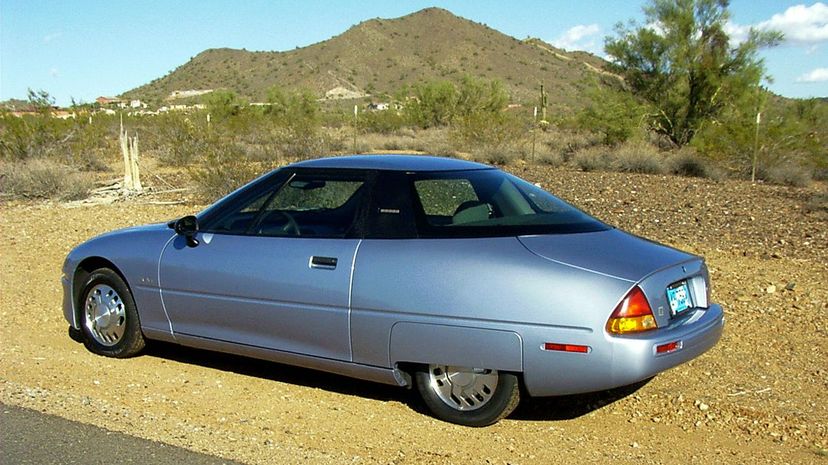
The GM EV1 was one of the first mass-produced alternative energy cars and was on the road from 1996 to 1999. It was an electric vehicle and drivers enjoyed it, but a series of legal and financial battles made the EV1 essentially disappear.
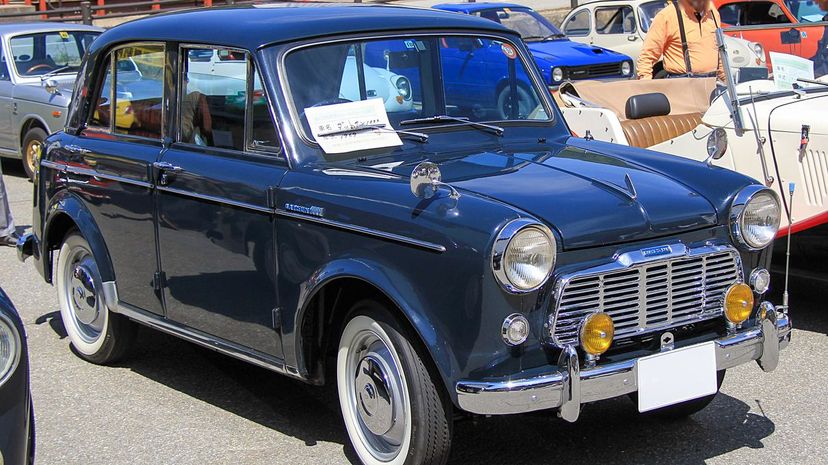
Nissan has been around since the 1930s and, after great success in Japan, they decided to take vehicles to America. They debuted Datsuns at the Los Angeles Auto Show in 1959 and opened their first American factory in 1983.
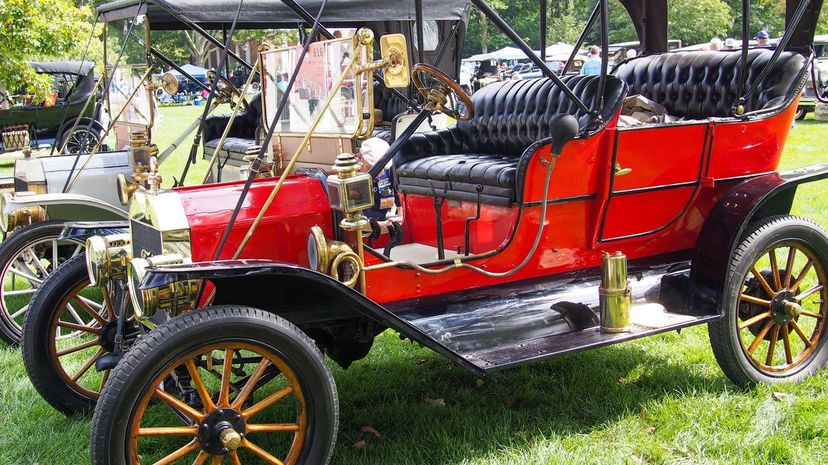
The Ford Model T is largely considered one of the most important vehicles in automotive history. While $825, or $850 for the touring version, amounted to around $24,500 today, it was still the most affordable and mass market vehicle ever produced to that point.
Advertisement
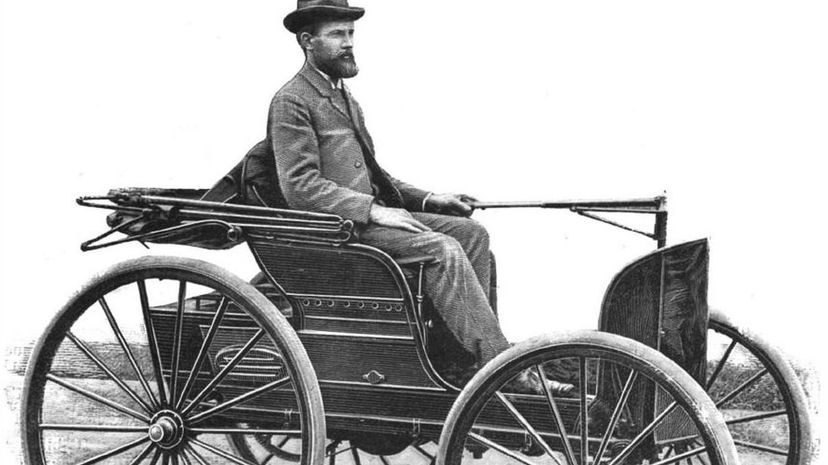
The Chicago Times-Herald Race was held in 1895 and consisted of six entrants, four cars and two motorcycles. The Duryea Wagon was the first and only vehicle to finish, taking 7 hours and 53 minutes to drive 54 miles. Some of the other entrants are listed above.